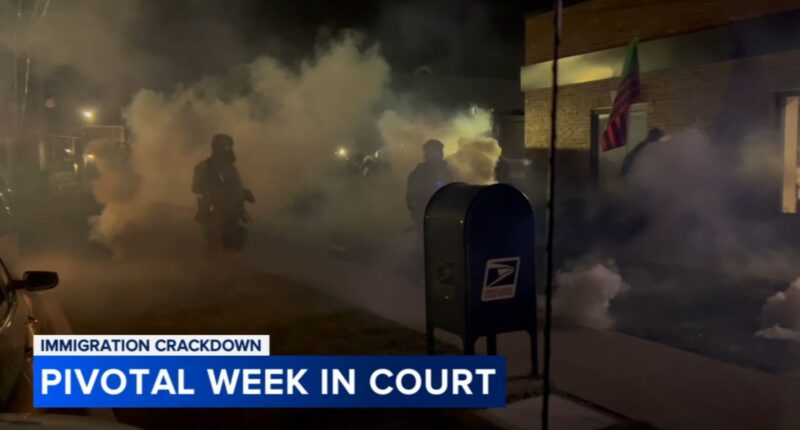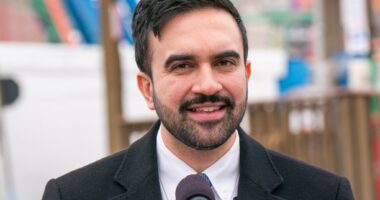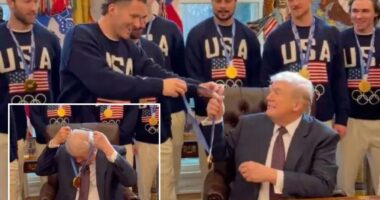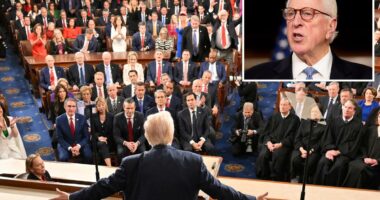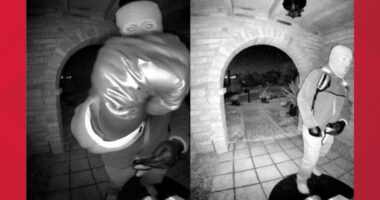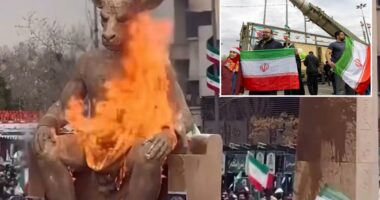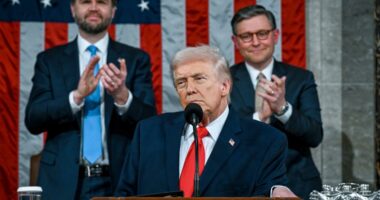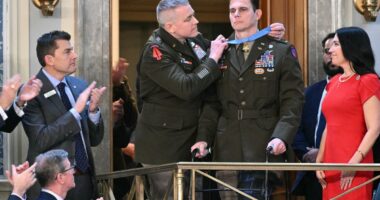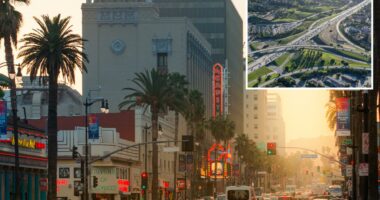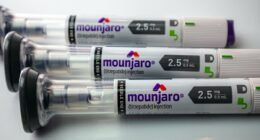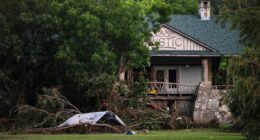Share this @internewscast.com
Broadview, Illinois (WLS) — The scene outside the Broadview Immigration and Customs Enforcement facility remained calm on Sunday night, but tensions are set to rise in the courtroom during the coming week, which promises to be significant.
On Monday, officials from Immigration and Customs Enforcement (ICE) and Customs and Border Protection (CBP) are slated to present their testimonies to a federal judge. The focus will be on events involving federal agents’ use of force, including accusations of agents violating U.S. District Judge Sara Ellis’ temporary restraining order. This order prohibits the use of tear gas on peaceful protesters without prior warning.
ABC7 Chicago is now streaming 24/7. Click here to watch
Gil Soffer, ABC7’s Chief Legal Analyst, provided insights into the proceedings.
“The upcoming session could be quite revealing as the judge delves into the specifics of ICE’s adherence to the order. There will likely be discussions on the implementation of bodycams, which the judge has mandated, to ensure ICE’s compliance,” Soffer explained.
Uncertainty surrounds the list of witnesses, as it was revealed in a court document that Russell Hott, the former interim head of Chicago’s ICE field office, is set to return to Washington.
In a recent development, the Department of Justice requested that Kyle Harvick, the CBP Deputy Incident Commander, be called to testify instead.
“I think the judge herself had said, it’s not less important who exactly she talks to and more important that she gets the answers that she wants. It’s going to have to be someone senior enough, otherwise she won’t be satisfied. It’s got to be someone who could be held accountable and is accountable for ICE,” Soffer said.
Monday is also the deadline for the city and state to respond to the Trump administration’s appeal to the Supreme Court asking justices to allow federal troops to take to Chicago-area streets. It comes after a federal judge issued a temporary restraining order, barring such action through at least Oct. 24.
“What we’re going to see tomorrow is a response from the city and from the state. And they’ve won two rounds already. The lower district court granted, essentially, their request to prohibit the National Guard from deploying. The appellate court refused to stay enforcement of that order. Meaning it’s still effective, meaning the National Guard still cannot be deployed,” Soffer said.
It is unclear if the Supreme Court plans to hear the emergency motion, but experts say if the high court does take on the case and rule in the Trump administration’s favor, we could see National Guard troops on the ground within a month.
